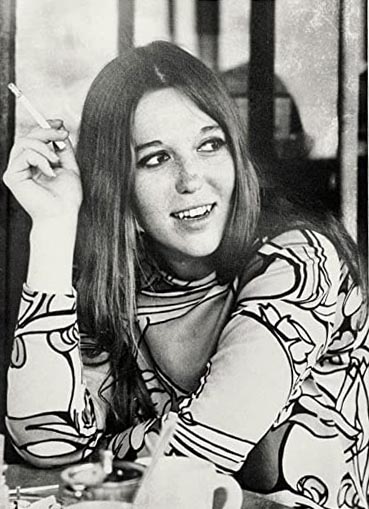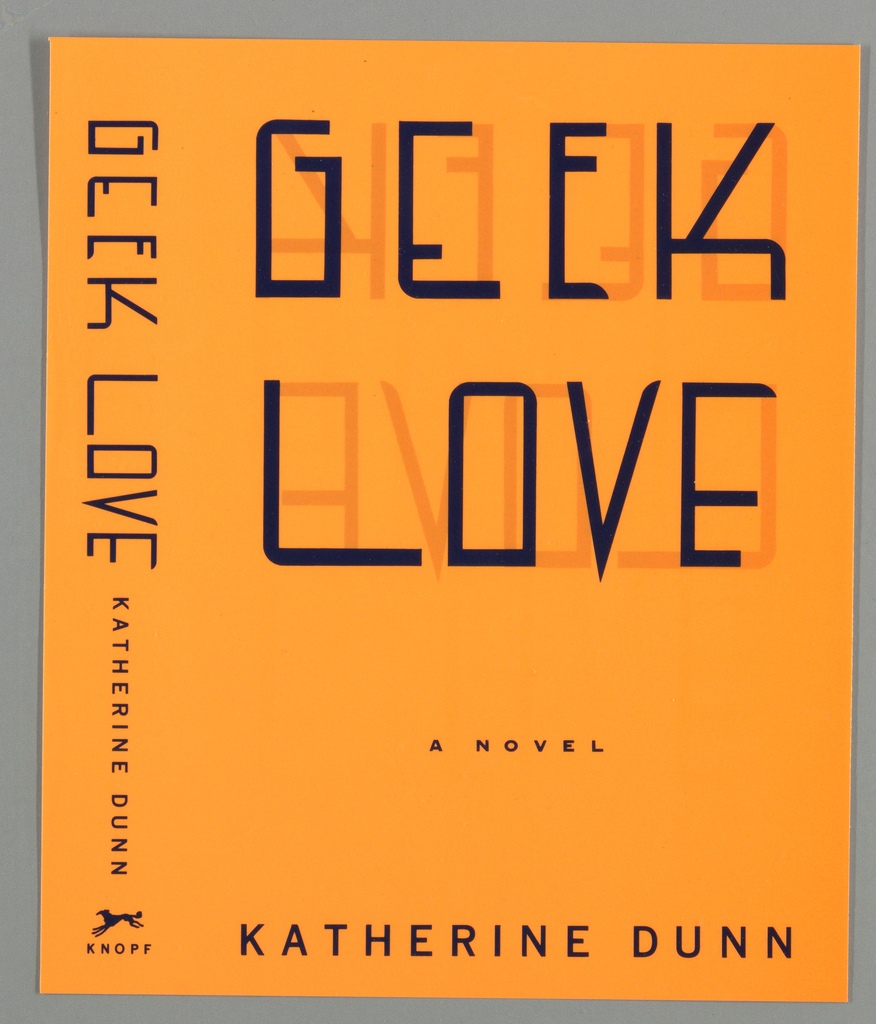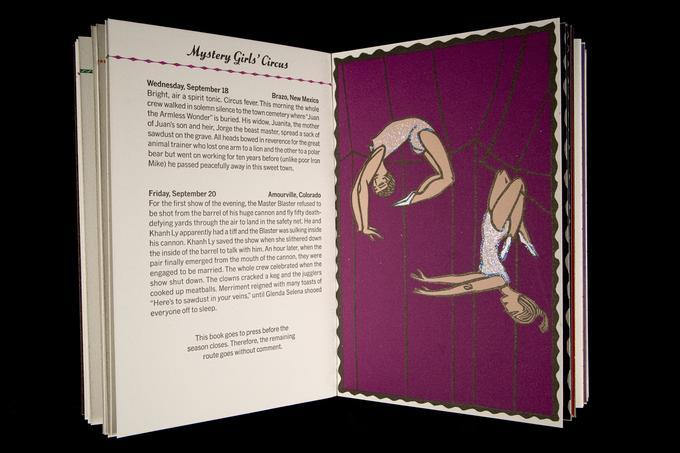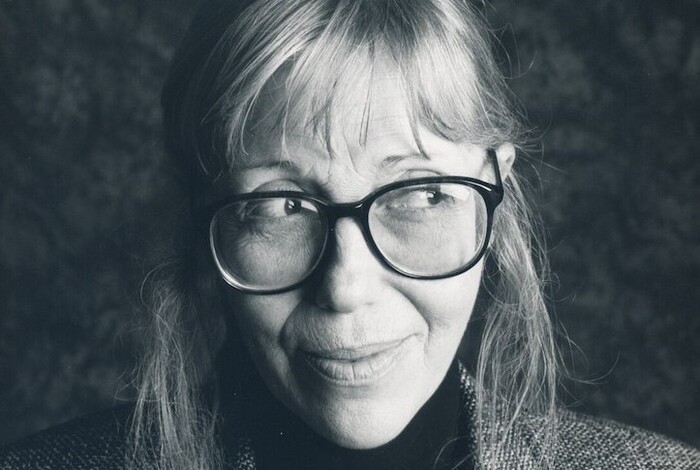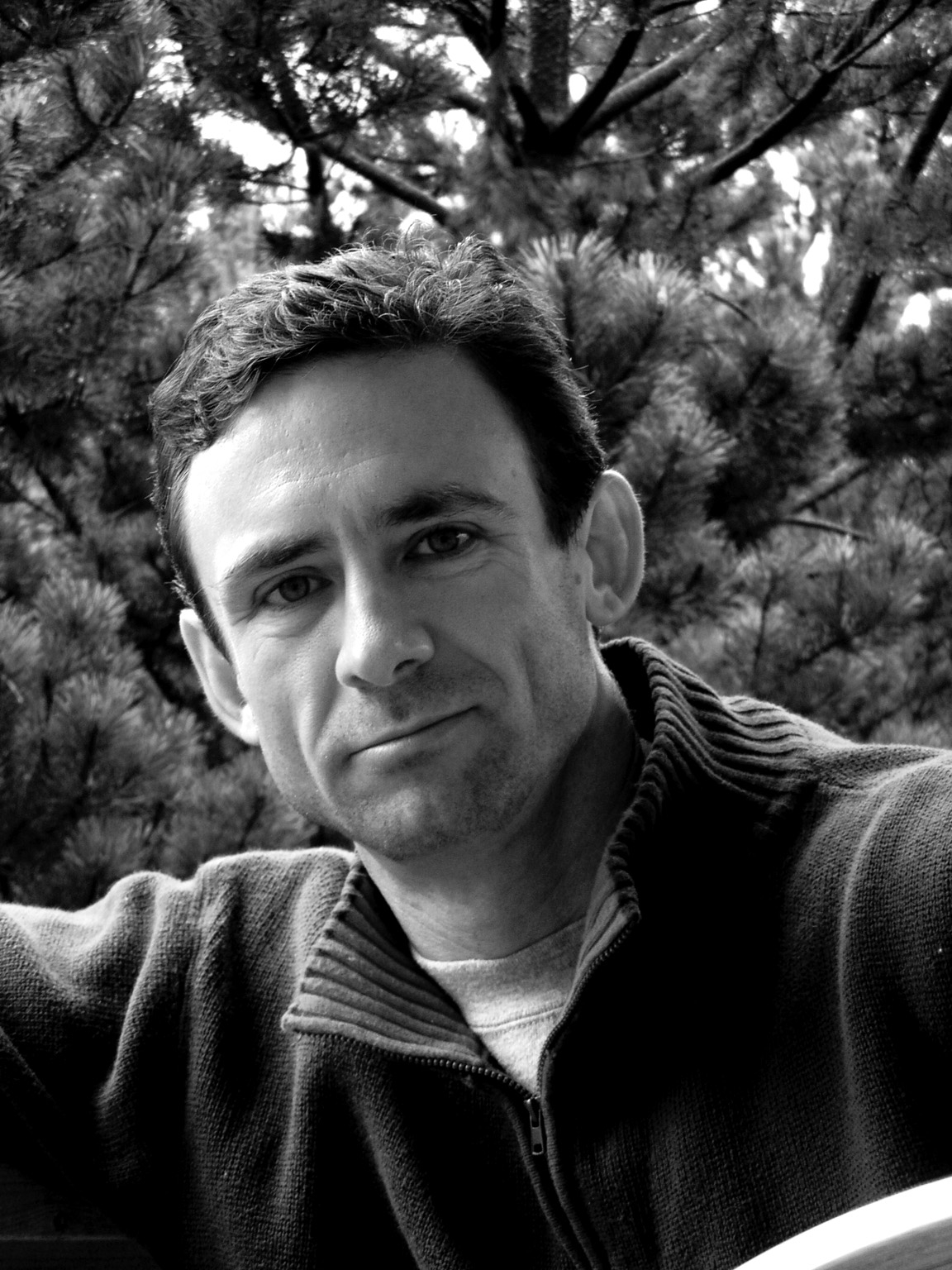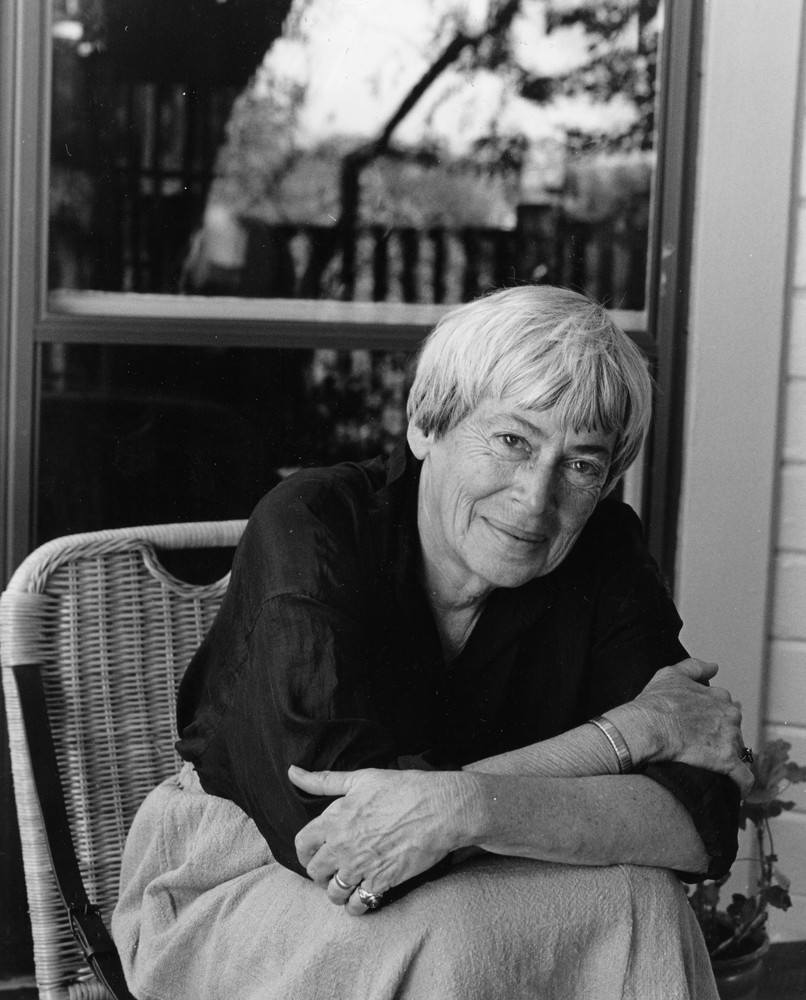Writer Katherine Dunn spent much of her life in Portland and set many of her works in the city. She was the acclaimed author of Geek Love, a 1989 science fiction novel about a traveling carnival run by a couple who genetically engineer their children into a sideshow act. Geek Love won the Bram Stoker Award and was nominated for the National Book Award.
Dunn was born on October 24, 1945, in the small farming town of Garden City, Kansas. Her father, Jack Dunn, left her mother Velma Golly and their five children when Katherine was only two. After Golly married George Rossich, a diesel mechanic from the Pacific Northwest, the family moved several times and at one point worked as tenant farmers in western Oregon. When Dunn was twelve, the family settled in the Portland suburb of Tigard, where Rossich ran a gas station. Dunn attended Tigard High School, Portland State College (now Portland State University), and Reed College, where she studied philosophy and psychology.
While at Reed, Dunn began writing what would become her first novel, Attic, which recounts a young Oregon woman’s haunting stay in a Missouri jail. In 1967, while on a trip to San Francisco, she met Dante Dapolonia, an aspiring poet from New York. She dropped out of Reed, and the couple traveled through Central America and Europe together. While in Europe, Dunn completed two novels, Attic and Truck, published by Harper & Row in 1970 and 1971. Written in a harsh, stream-of-conscious style reminiscent of Jack Kerouac, the novels received poor reviews from outlets such as the New York Times and Kirkus and quickly fell out of print.
With the Vietnam War raging, Dunn and Dapolonia traveled to Dublin, where Dunn gave birth to a son, Eli. She and Dapolonia eventually parted ways, and Dunn returned to Portland with her son in the mid-1970s. She rented a 400-square-foot studio apartment in the Nob Hill neighborhood of Northwest Portland, where she scraped by working low-wage jobs that included waitressing at the Stepping Stone Cafe and bartending at the Earth, a bar popular with the Hells Angels and Gypsy Jokers. She also got occasional work painting houses and doing voice-overs for commercials. During the same period, she published her poetry and short stories in underground publications and worked on an autobiographical novel called “Toad,” which she later abandoned.
The inspiration for Geek Love, Dunn’s most famous novel, came while she was on a walk through the Rose Test Garden in Portland’s Washington Park. Her son Eli had refused to go with her, and she was alone. “I sat on the brick steps there and looked out at all these hundreds of roses,” she later remembered, “each of which had been bred very differently for particular qualities....I started thinking about a topic that had engaged me for a long time, nature vs. nurture, and about the manipulation of genetic heritage. It occurred to me that I could have designed a more obedient son.”
Published in 1989, Geek Love is a dark and comic novel about the Binewskis, a band of carnival workers who genetically engineer their children using drugs and radioactive material to create the perfect freak-show family: a boy born with flippers named Arturo, a pair of Siamese twins, a hunchback albino dwarf named Oly, and a child who has potential telekinetic powers. Much of Geek Love focuses on a cultlike group of Arturians who worship Arturo and amputate their own limbs in order to achieve his bodily strangeness. Large sections of Geek Love unfold years in the future, when Oly is living in a boarding house in Northwest Portland. Several scenes take place at the Multnomah Athletic Club and in Portland strip clubs.
In 1981, Dunn began writing for the independent weekly Willamette Week, as well as for the Oregonian, PDXS, and the New York Times. She spent many years training as a boxer and won the 2004 Dorothea Lang-Paul Taylor Award for her writing about the sport. Her essays were collected into One Ring Circus: Dispatches from the World of Boxing (2009). While working at Willamette Week, she interviewed Ma Anand Sheela, the spokesperson for the Rajneeshee movement, from her jail cell. Dunn also hosted a radio program on KBOO, a Portland radio station, where she read short fiction by local writers. She occasionally taught creative writing at Lewis & Clark College and Pacific University.
When Dunn died on May 11, 2016, she was working on her fourth novel, “Cut Man,” set in the world of small-town competitive boxing. Her twisted and creative fiction about outcasts, weirdos, and radical misfits reflected a subversive spirit unique to Portland. Dunn’s writing continues to resonate with outsiders, from rebellious teenagers to queer communities to individuals affected by the criminal justice system. She remains a beloved figure not only in Portland but in the literary world at large, praised for her vivid prose and dark, genre-bending imagination. On Cussing (2019) and the long-abandoned novel Toad (2022) were published posthumously.
-
![]()
Katherine Dunn.
Courtesy author page, Amazon.com -
![]()
Geek Love, by Katherine Dunn.
Courtesy Alfred A. Knopf, 1989 -
![Compiled by Katherine Dunn and Mare Blocker, issued by the authority of The Mystery Girls & The National Museum of Women in the Arts]()
Official route book, Mystery Girls' Circus and College of Conundrum: Season of 1991.
Compiled by Katherine Dunn and Mare Blocker, issued by the authority of The Mystery Girls & The National Museum of Women in the Arts Courtesy University of Oregon Libraries -
![]()
Katherine Dunn.
Courtesy GoodReads
Related Entries
-
Chuck Palahniuk (1962-)
Fiction writer and journalist Chuck Palahniuk (pronounced paula-nick) w…
-
Ursula K. Le Guin (1929–2018)
Ursula K. Le Guin, one of Oregon’s preeminent writers, was born Ursula …
Map This on the Oregon History WayFinder
The Oregon History Wayfinder is an interactive map that identifies significant places, people, and events in Oregon history.
Further Reading
Cowles, Gregory. "The Return of Katherine Dunn." The New York Times, June 11, 2010.
Roberts, Sam. "Katherine Dunn, Author of Geek Love, Dies at 70." The New York Times, May 14, 2016.
Roper, Caitlin. "Katherine Dunn." The New York Times, December 21, 2016.
Treisman, Deborah. "Discovering Katherine Dunn's Unpublished Work." The New Yorker, May 4, 2020.

